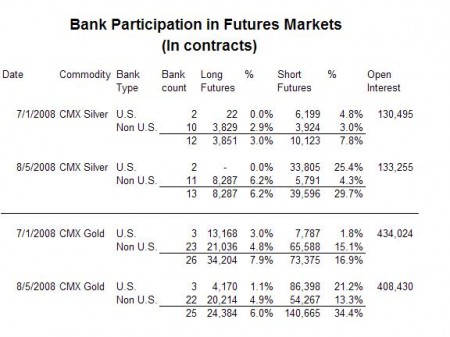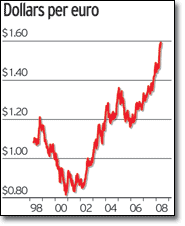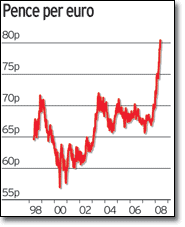WTF?!
LONDON (MarketWatch) — The IntercontinentalExchange is probing trades in U.S. dollar index futures that briefly showed a massive 9% jump on Friday morning.
The lead contract surged as high as 82.18, up from a 75.38 close on Thursday. Such a move was improbable given that in spot markets, the dollar’s moves against major currencies such as the euro were limited to about 1%.
The ICE agreed, and according to an exchange official, all trades above 76.50 were being cancelled. The ICE was still investigating the cause of the incident, the official said.
Dollar index futures were still elevated after the incident, up a more modest 0.7% to 75.91.
The move briefly had an impact on other markets, as futures on the Dow Jones Industrial Average fell as much as 99 points.
Read moreICE probing massive 9% jump in US dollar index futures





